
Exhibition time: 17-19 March, 2026 Shanghai, China
 中文
中文

Exhibition time: 17-19 March, 2026 Shanghai, China
 中文
中文
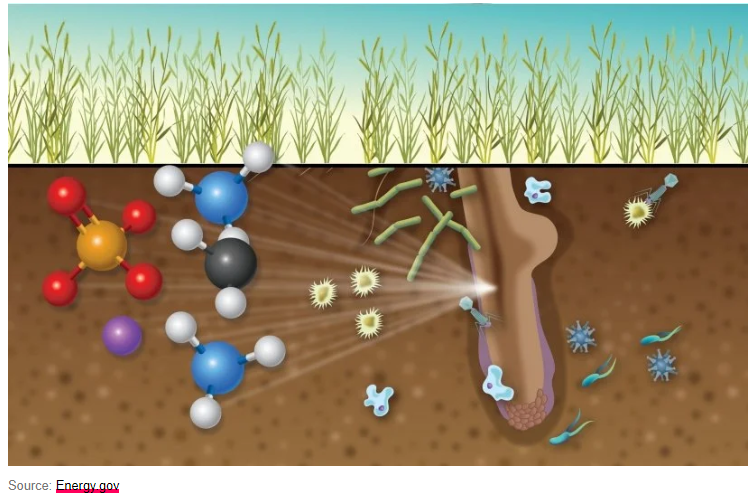
A Hidden World
For a long time, biological sciences were exclusively focused on the “main” organism itself, be it a human body or a stalk of maize. But with increasing knowledge, the whole complexity of the living world came into view.
We now understand that almost every complex organism exists in symbiosis with a “microbiome”, a complex and changing population of microbes and fungi. The microbiome is now recognized as a key factor in human health, especially the gut microbiome.

Similarly, plants' health is deeply tied to the soil microbiome and even microbes in the plant itself.
They can improve the plant's nutrition, water supply and maybe more importantly, help protect the plant against pests and diseases.

Can Microbiome Be Changed?
Being composed of hundreds or even thousands of microbe species, microbiomes are immensely complex. This makes their study a difficult task, and determining what a “healthy” microbiome looks like is sometimes complicated.
A somewhat crude way to “improve” a microbiome is by adding extra organisms to it. This is what probiotic treatments do for humans and animals. And what adjunction of nitrogen-fixing bacteria or mycorrhizae to the soil is trying to replicate in agriculture. This can have good results if the microbiome is highly disturbed, but can be of minimal to no use if the microbiome is already established.
Another approach can be to feed the microbiome, helping it get more balanced by feeding the “right” microbes. In human health, this is the approach of giving prebiotics. This can be very successful, as it lets the microbiome balance itself naturally, by providing it with the right conditions to do so.
This can be a lot more difficult to do for plants, where the microbiome is in the soil, or even inside the plant.
Agricultural Prebiotics
An international collaboration between researchers from China, Australia, and Austria might have the solution. They focused on rice, a vital source of food for billions of people, but these results could be expanded to other key crops.
They discovered that the plant biochemical production of lignin can modulate the population of beneficial bacteria. Lignin is a polymer found in plants' cell walls and is abundant in wood.
More specifically, they found a specific gene responsible for lignin biosynthesis. Deactivating this gene reduces the population of beneficial bacteria. On the contrary, expressing more than normal of this gene increases the proportion of beneficial bacteria in the microbiome.
(the gene modifications changed the production of 4-hydroxycinnamic acid / 4-HCA / p-coumaric acid, which impacts the population of bacteria of the Pseudomonadales order)
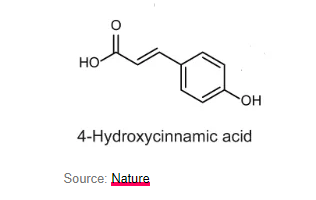
This opens the way to a new type of GMO crops. Instead of producing a toxin like many current commercial GMO plants, such as modified rice (or other crops), it would nurture a more healthy and diverse bacteria microbiome.
Increased Disease Protection
The improvement in microbiome composition had a direct impact on the crop health. The genetically modified rice variety was more resistant to bacterial blight (Xanthomonas oryzae), a major cause of crop losses in Asia.
Normally, controlling its spread is done with pesticides. A healthier microbiome can help reduce such pesticide usage. And protect against diseases more dynamically and sustainably than by using chemical or toxin-producing GMOs.
Non-GMO options?
It is possible that a non-GMO approach could be adopted as well. Rice variety could be screened for their production of 4-HCA, and then the health of their microbiome tested.
This can open the field to new breeding methods to develop rice varieties that require less pesticide to be productive.
It would also be required to bring this discovery to countries and entire regions like the EU that restrict the commercial use of GMOs.
Agricultural Microbiome Stocks
1.Corteva Agriscience
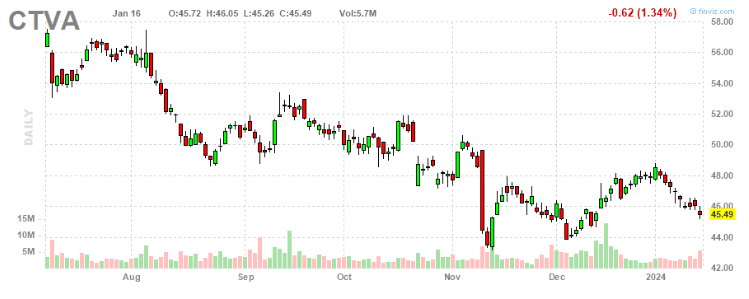
One of the largest companies in the field of biostimulants, of which such plant prebiotics are a subcategory, is Corteva Agriscience. The company was the agrisciences branch of the chemical giant DowDuPont until it was spun off as an independent company.

The company is very involved in bringing robotics, drones, and AI to agriculture. It is also promoting more ecological & sustainable farming practices, like no-till, crop rotation, targeted use of pesticides, adaption to climate change, limiting soil erosion, cover crops, and even pheromones to affect insect behaviors, etc.

2. Bayer
Bayer is both a pharmaceutical company and a major provider to the agricultural sector since its acquisition of Monsanto, a leader in pesticides and GMO crops.
To say that the acquisition did not go well is an understatement. Monsanto has become the target of tens of thousands of lawsuits for the possible links between cancer and its flagship pesticide, glyphosate (commercially known as Roundup).
Continuously mounting costs from these lawsuits, and the reputation damages that came with it have reduced the company’s stock price. Now with a new CEO, Bayer might soon be split into 2 or 3 different companies, separating the pharma business from the agrisciences business.

Still, the Crop Sciences department of Bayer is a world leader in GMOs, and it could leverage this expertise in developing a new variety of rice and other key crops that are improving the soil microbiome. This could prove both profitable and a good way to try to repair the tarnished image of the company.
The agricultural department of Bayer is also a major investor in agricultural startups and a strong innovator.
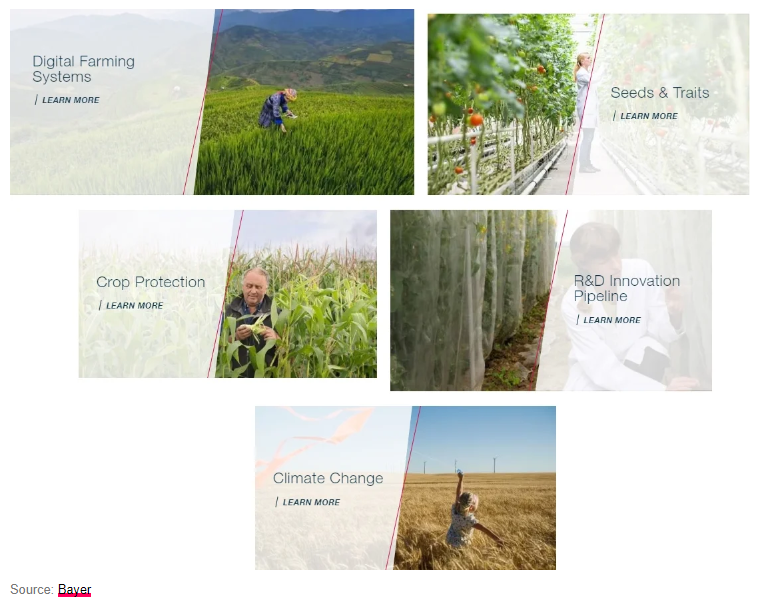
Notably, Bayer signed a partnership with Microsoft to combine the tech giant's data management system Azur with Bayer's expertise in using data from satellites, field sensors, drones, field equipment, and soil sensors to create truly modern and connecting farms.

It is also a leader in seed variety and gene editing in plants, with 500+ new crop varieties in its pipeline (and 250 new crop registrations in 2022).
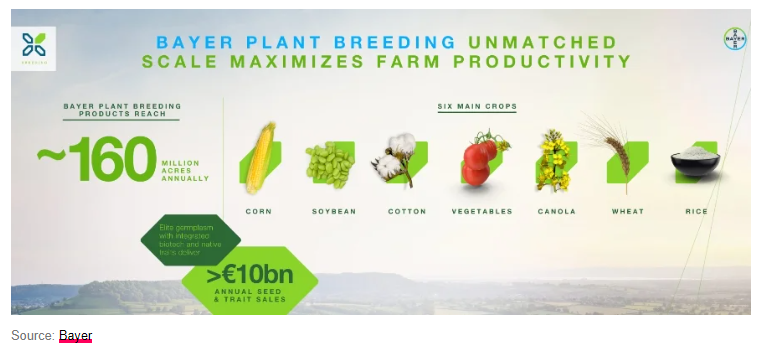
Agricultural Microbiome Companies
Smaller companies not yet publicly listed are directly working on the topic of plant microbiome.
Lavie-Bio
The company is working on 6 different products in its pipeline, including one in partnership with Corteva Agriscience.
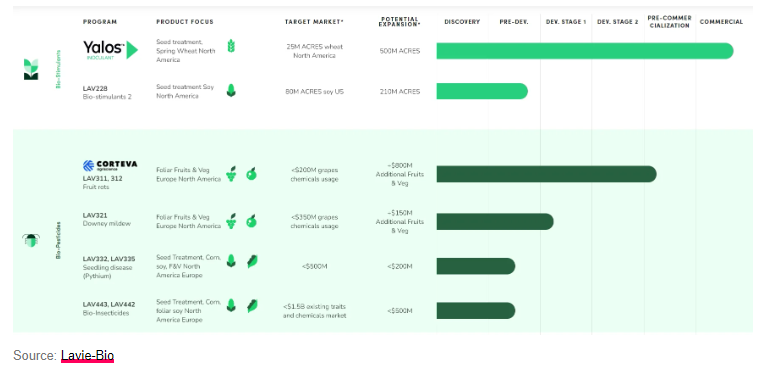
One product has already reached the commercialization stage, sold under the Yalos™ brand.
Yalos and Lavie-Bio technology is mostly focused on proprietary strains of bacteria able to help boost crop productivity.
Microendo
The Mexican company produces a biofertilizer tailored for each crop.
To do so they collect and utilize the existing microbiome of the plants. This includes microbes present inside the plant.
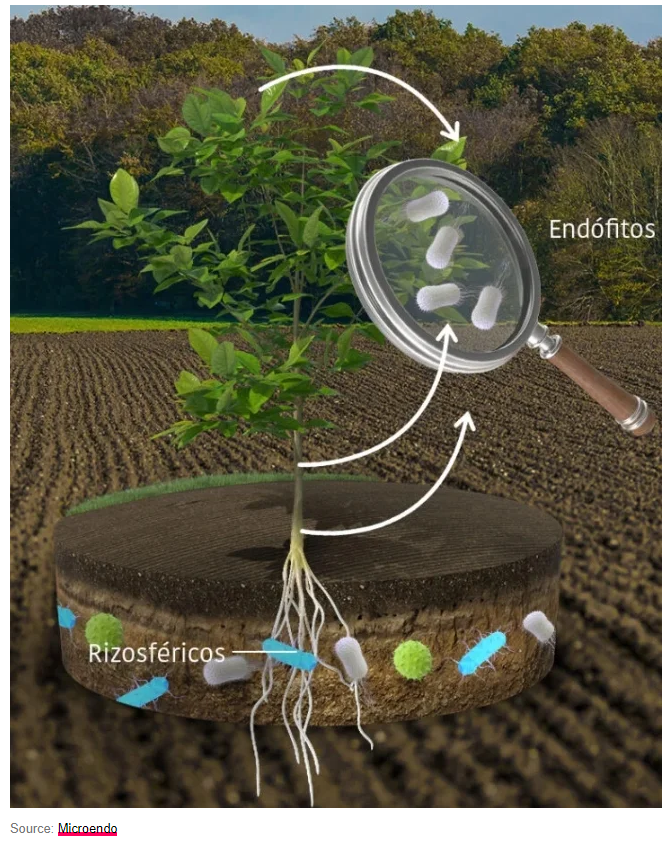
IndigoAg
The company's researchers analyze plants that are performing better than their neighbors, searching for microbial advantages that could be replicated in entire fields. These natural microbes are then assembled in a commercial formulation to boost fields suffering from damaged or depleted microbiomes.
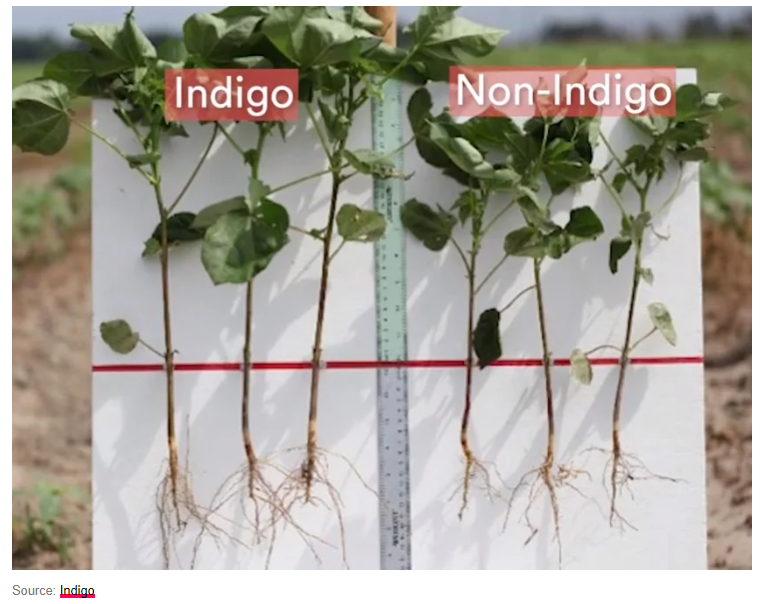
IndigoAg is also active in the field of carbon credit certificates for farmers.
AgBiome
AgBiome is focused on fungi-killing microbes that can help protect crops from fungal diseases.
For this, it developed its own collection of fully sequenced microbial strains (the GENESIS platform – Gene and Strain Identification System). It can be used in agriculture, but also for all the other possible microbiome applications like industrial uses and animal and human health.

Pivot Bio
A key role of soil microbiomes is hosting nitrogen-fixing bacteria, taking nitrogen from the air, and turning it into fertilizer.
However, these bacteria usually work only with leguminous crops.

Pivot Bio has developed the first nitrogen-fixing microbes for cereal crops.
It could replace synthetic nitrogen fertilizer, produced from fossil fuels, with an organic and carbon-neutral solution.
Biome Makers
Biome Makers has created the world's largest database of soil microbiomes, with 14 million taxonomic references using NGS (Next Generation Sequencing), from 188 crops in 50+ countries.
It allows it to use its BeCrop® Test technology for improving soil health, agricultural yields, and reducing costs (like unneeded fertilizer use for example).

Source from: Jonathan Schramm